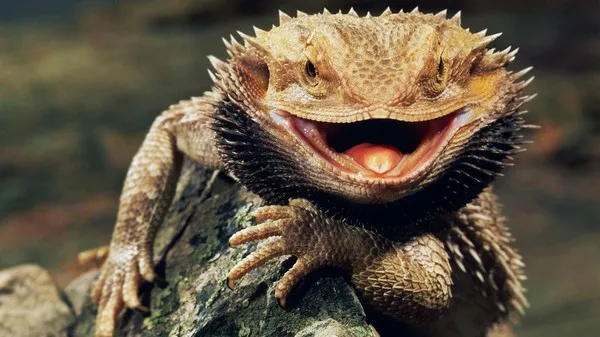Bearded dragons are known for their diverse diet, which primarily consists of insects and vegetables. One of the common inquiries among bearded dragon owners is, “Can I feed my bearded dragon dead crickets?” Understanding the feeding behavior of these reptiles is crucial to ensure their health and well-being.
1. Bearded Dragons’ Dietary Requirements
Bearded dragons are omnivorous creatures, meaning they feed on both animal-based and plant-based foods. In the wild, they consume a variety of insects, such as crickets, roaches, and mealworms, along with leafy greens and vegetables. Captive bearded dragons also require a similar balanced diet to thrive and stay healthy.
2. The Importance of Live Prey for Bearded Dragons
Live prey, such as crickets, is a significant part of a bearded dragon’s diet. Hunting live insects provides mental stimulation and exercise for these reptiles. The movement of live prey triggers their natural hunting instincts, keeping them active and engaged, which is essential for their overall well-being.
3. Can I Feed My Bearded Dragon Dead Crickets?
While live insects are preferable, there are instances when offering dead crickets might be necessary. Some bearded dragons might not immediately eat dead prey as they often respond more actively to moving food. However, some individuals may still consume dead crickets, especially if they are used to the scent and appearance of dead insects.
4. Considerations When Offering Dead Crickets
If you opt to feed your bearded dragon dead crickets, ensure they are fresh and not spoiled. The nutritional content of dead insects starts to decline rapidly after death. You can enhance the appeal of dead crickets by gently moving them with tweezers to simulate movement, which might encourage your pet to eat them.
5. Potential Risks of Feeding Dead Crickets
Feeding dead crickets carries certain risks, primarily related to the decomposition process. Dead insects are more prone to bacterial growth, which can pose health hazards to your bearded dragon if consumed. Always inspect the insects thoroughly and avoid offering them if there are any signs of decay or mold.
6. Introducing Variety in a Bearded Dragon’s Diet
Diversifying your bearded dragon’s diet is crucial for their nutritional intake. While crickets are a staple, supplementing their diet with other insects like mealworms, roaches, or waxworms, along with fresh vegetables and fruits, ensures they receive a well-rounded and balanced diet.
7. Nutritional Supplements for Bearded Dragons
In captivity, bearded dragons might require additional supplements to meet their nutritional needs. Calcium and vitamin supplements are commonly used to compensate for any deficiencies in their diet.
Always consult with a reptile veterinarian to determine the appropriate supplements for your pet.
8. Observing Your Bearded Dragon’s Eating Habits
Understanding your bearded dragon’s eating habits is essential. Some individuals might readily accept dead crickets, while others may show little interest. Observing their behavior and preferences is key to providing them with a diet they’ll readily consume.
9. Alternatives to Dead Crickets
If your bearded dragon shows no interest in dead crickets, consider offering live insects supplemented with fresh greens and vegetables.
Variety in their diet ensures they receive the necessary nutrients even if they do not consume a particular food item.
10. Seeking Professional Advice
If you’re unsure about whether to feed your bearded dragon dead crickets or if they are displaying any signs of illness or dietary issues, it’s crucial to seek guidance from a reptile veterinarian. Professional advice can provide tailored recommendations for your pet’s specific needs.
In conclusion, while live insects are preferable for bearded dragons, there are instances where feeding dead crickets might be necessary.
However, it’s essential to exercise caution and monitor your pet’s response to ensure their health and safety. By understanding their dietary needs and preferences, you can provide a well-balanced diet that keeps your bearded dragon healthy and content.
Related Topics:
Do Bearded Dragons Need to Be Sprayed? How Often?
How to Tell If a Bearded Dragon Is Happy: 10 Signs to Look For
Bearded Dragon Hydration: What You Need to Know

























